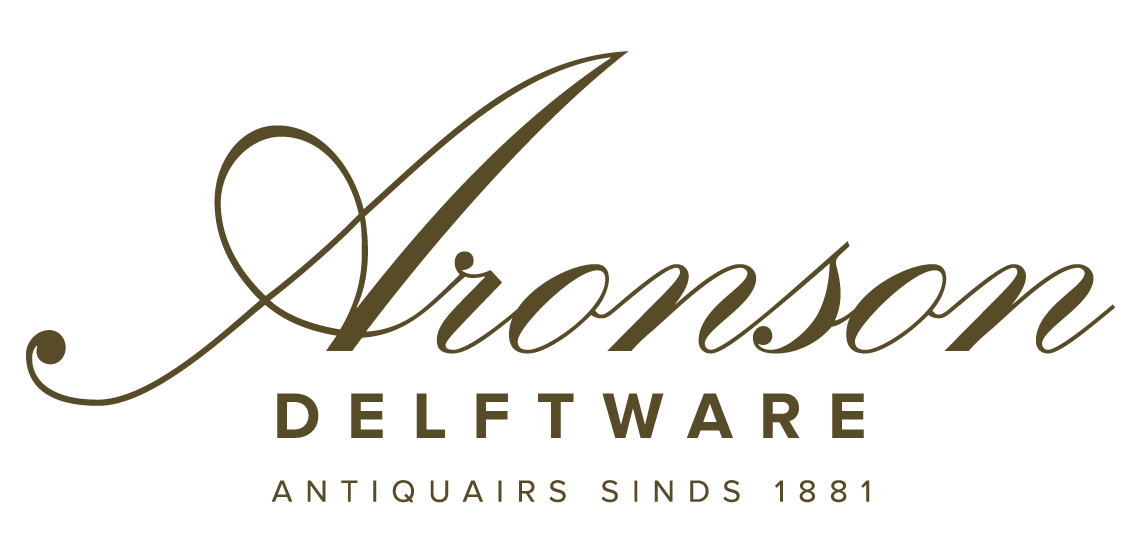Delft Shards: America’s Dutch History
For centuries, the enduring fascination with Dutch art and culture has highlighted the deep historical connections between the Netherlands and the United States, particularly with New York. A relationship rooted in the early 17th century when New York was still known as "New Amsterdam". This bond is reflected in iconic Dutch contributions, from artistic traditions like Delft…













